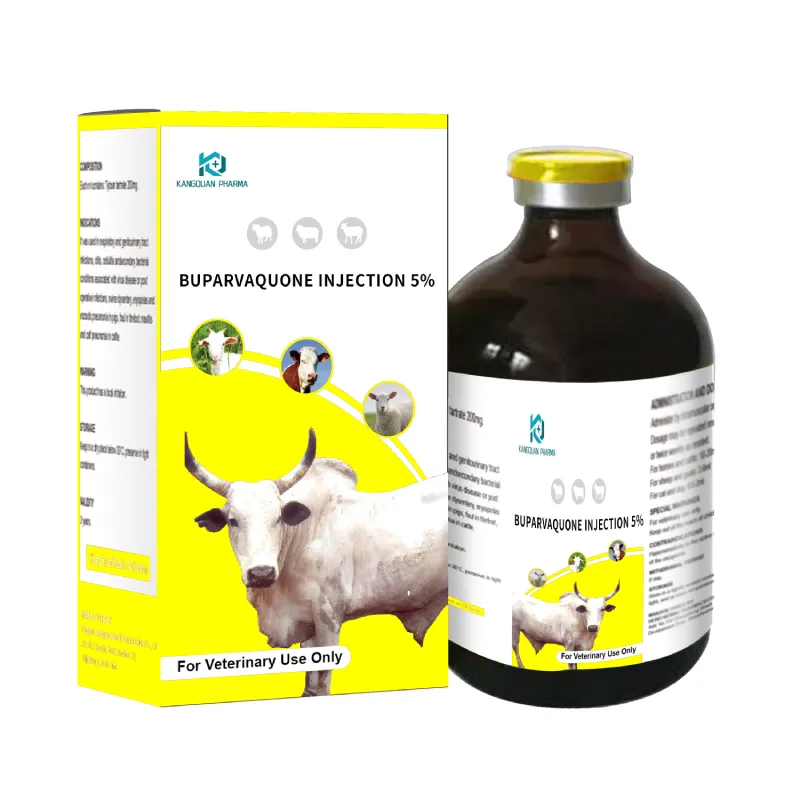- Afrikaans
- Albanian
- Amharic
- Arabic
- Armenian
- Azerbaijani
- Basque
- Belarusian
- Bengali
- Bosnian
- Bulgarian
- Catalan
- Cebuano
- Corsican
- Croatian
- Czech
- Danish
- Dutch
- English
- Esperanto
- Estonian
- Finnish
- French
- Frisian
- Galician
- Georgian
- German
- Greek
- Gujarati
- Haitian Creole
- hausa
- hawaiian
- Hebrew
- Hindi
- Miao
- Hungarian
- Icelandic
- igbo
- Indonesian
- irish
- Italian
- Japanese
- Javanese
- Kannada
- kazakh
- Khmer
- Rwandese
- Korean
- Kurdish
- Kyrgyz
- Lao
- Latin
- Latvian
- Lithuanian
- Luxembourgish
- Macedonian
- Malgashi
- Malay
- Malayalam
- Maltese
- Maori
- Marathi
- Mongolian
- Myanmar
- Nepali
- Norwegian
- Norwegian
- Occitan
- Pashto
- Persian
- Polish
- Portuguese
- Punjabi
- Romanian
- Russian
- Samoan
- Scottish Gaelic
- Serbian
- Sesotho
- Shona
- Sindhi
- Sinhala
- Slovak
- Slovenian
- Somali
- Spanish
- Sundanese
- Swahili
- Swedish
- Tagalog
- Tajik
- Tamil
- Tatar
- Telugu
- Thai
- Turkish
- Turkmen
- Ukrainian
- Urdu
- Uighur
- Uzbek
- Vietnamese
- Welsh
- Bantu
- Yiddish
- Yoruba
- Zulu
10 月 . 11, 2024 09:20 Back to list
injectable ivermectin for cows
Injectable Ivermectin for Cows A Comprehensive Overview
Ivermectin is a widely recognized antiparasitic agent, primarily used in veterinary medicine for treating a variety of parasitic infections in animals. In livestock, especially cattle, injectable ivermectin has emerged as a crucial tool in managing internal and external parasites. This article aims to provide a detailed overview of injectable ivermectin for cows, including its uses, benefits, administration, and safety.
What is Injectable Ivermectin?
Injectable ivermectin is a formulation of the drug specifically designed for parenteral administration in cattle. Unlike oral formulations, which can be less effective due to variations in digestion and absorption, injectable ivermectin ensures accurate dosing and quicker therapeutic effects. The drug acts by disrupting the nervous system and muscle function of parasites, ultimately leading to their elimination.
Uses of Injectable Ivermectin in Cattle
The primary purpose of injectable ivermectin is to control a range of parasitic infections in cattle. These include
1. Internal Parasites Ivermectin is effective against a variety of gastrointestinal worms, including roundworms, lungworms, and other nematodes. By controlling these parasites, farmers can help ensure the overall health and productivity of their cattle.
2. External Parasites Injectable ivermectin is also effective against external parasites such as lice and mites. These pests can cause significant distress to cattle, leading to poorer weight gain and milk production.
3. Ectoparasite Control In addition to lice and mites, ivermectin can help manage other ectoparasites, such as horn flies and ticks, which can negatively impact animal welfare and farm productivity.
Benefits of Injectable Ivermectin
The use of injectable ivermectin in cattle presents several advantages
1. Fast-Acting Injectable formulations provide rapid relief from parasitic infections, often within hours of administration.
2. Dosing Accuracy Injectable ivermectin allows for precise dosing, which is critical in ensuring efficacy while minimizing the risk of underdosing or overdosing.
3. Convenience For herds that may resist oral medication or when dealing with large numbers of cattle, injections can be a practical and efficient alternative.
injectable ivermectin for cows

Administration of Injectable Ivermectin
Administration of injectable ivermectin should be conducted with care to ensure both efficacy and animal welfare. It is typically administered subcutaneously or intramuscularly, depending on the formulation and manufacturer’s guidelines. Here are some key points to consider during administration
1. Dosage The usual dosage is based on the weight of the animal. It is essential to follow veterinary guidance or manufacturer’s instructions regarding the appropriate dosage.
2. Injection Technique Proper injection techniques are crucial to avoid complications such as abscess formation and to ensure optimal absorption of the medication.
3. Withdrawal Period Farmers should be aware of withdrawal periods when using injectable ivermectin, particularly in dairy cows and beef cattle raised for human consumption. The withdrawal period refers to the time that must elapse after administration before the animal’s milk or meat can enter the food supply.
Safety Considerations
While injectable ivermectin is generally considered safe for use in cattle, there are a few important safety considerations
1. Veterinary Guidance It’s essential to consult with a veterinarian before administering ivermectin to ensure it is appropriate for the specific situation and that it is used safely.
2. Adverse Reactions Though rare, some animals may experience adverse reactions to ivermectin. These can include local reactions at the injection site or, in very rare cases, systemic effects.
3. Resistance Management The overuse of any antiparasitic agent can lead to resistance. Farmers are encouraged to use ivermectin judiciously and in rotation with other antiparasitic drugs.
Conclusion
Injectable ivermectin plays a vital role in the health management of cattle, providing a powerful means to control both internal and external parasites. When used responsibly and in conjunction with good management practices, it can lead to healthier herds and improved productivity. As always, collaboration with a veterinarian is essential to ensure the best outcomes for both cattle and their producers.
-
The Power of Radix Isatidis Extract for Your Health and Wellness
NewsOct.29,2024
-
Neomycin Sulfate Soluble Powder: A Versatile Solution for Pet Health
NewsOct.29,2024
-
Lincomycin Hydrochloride Soluble Powder – The Essential Solution
NewsOct.29,2024
-
Garamycin Gentamicin Sulfate for Effective Infection Control
NewsOct.29,2024
-
Doxycycline Hyclate Soluble Powder: Your Antibiotic Needs
NewsOct.29,2024
-
Tilmicosin Premix: The Ultimate Solution for Poultry Health
NewsOct.29,2024













